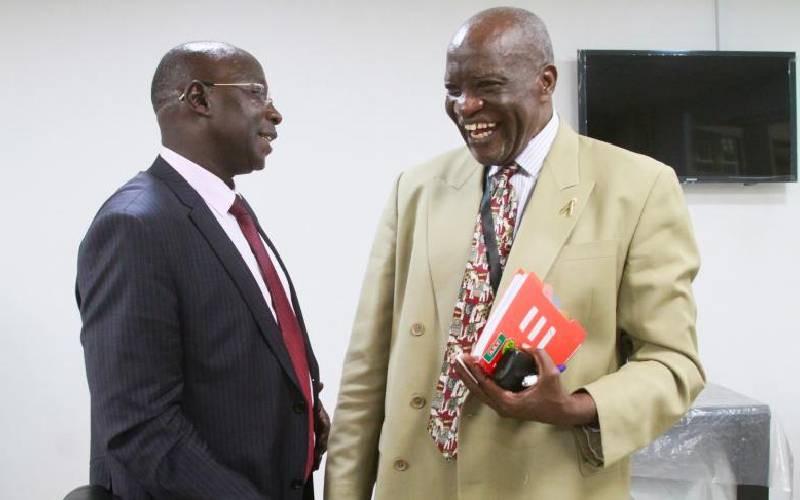×
The Standard e-Paper
Join Thousands Daily

As a biting shortage of healthcare providers persists, patients in public hospitals continue bearing the pain of long queues with some dying before treatment.
Inadequate staffing, coupled with a lack of harmonisation of salaries, promotions, employment, comprehensive medical cover and delayed salary payment, are among the challenges medics are grappling with.